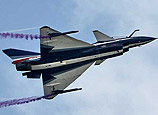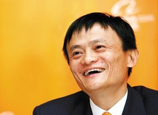
Chow said that in the next three months, some uncertainties will affect the yuan's pricing. For example, if there is no announcement of aggressive stimulus after the 18th CPC National Congress, market disappointment might drag on the yuan somewhat.
"What's more, concerns over the US' 'fiscal cliff' might also dampen the yuan's further appreciation," he said.
The "fiscal cliff" is a reference to the effect of a series of laws that will result in spending cuts, tax increases and reduction of the budget deficit beginning in 2013.
Heikki Oksanen, a professor at the University of Helsinki and a former research adviser at the European Commission, said: "We should not draw strong conclusions from these recent movements. Now, after the euro has adjusted to close to its long-run average, the yuan is effectively 3 to 4 percent stronger (against a trade-weighted basket) than in June 2010."
Oksanen said focusing so much on the yuan's dollar rate does not reflect China's trading relations, as the yuan's value against a trade-weighted basket of currencies will probably gain more importance.
"As China's economy is growing, appreciation of the yuan in real terms against a wide basket will follow in the long run. In principle, this will happen as a result of a combination of increasing relative prices and costs in China and occasional appreciation of the yuan's nominal rate."
Analysts said given that the new leadership will need some time to convene and decide on the next steps, the authorities might announce new policies related to exchanges rates - widening the yuan's floating band in the first or second quarter of 2013, for example.
















 'Gangnam style' life of young rich in Chongqing
'Gangnam style' life of young rich in Chongqing


![]()
